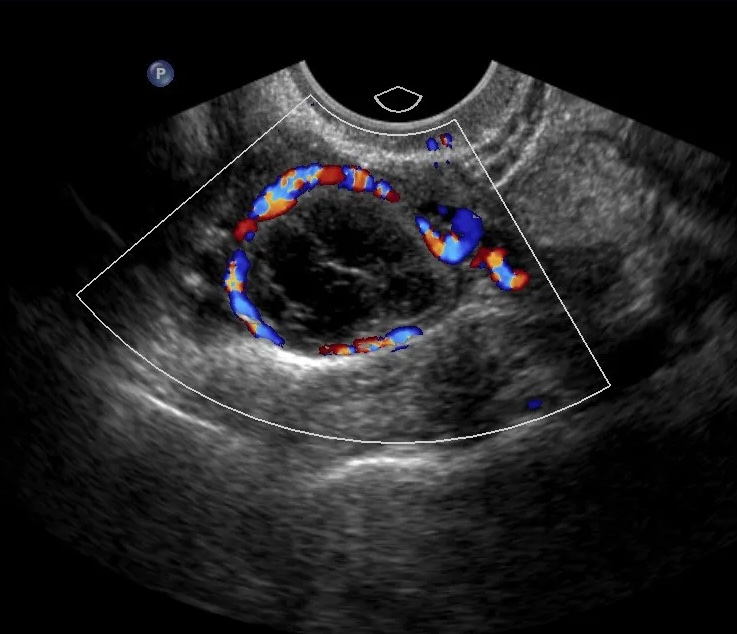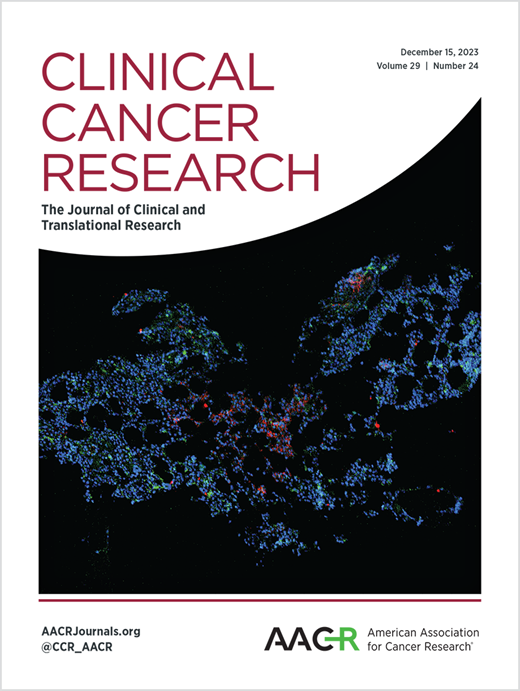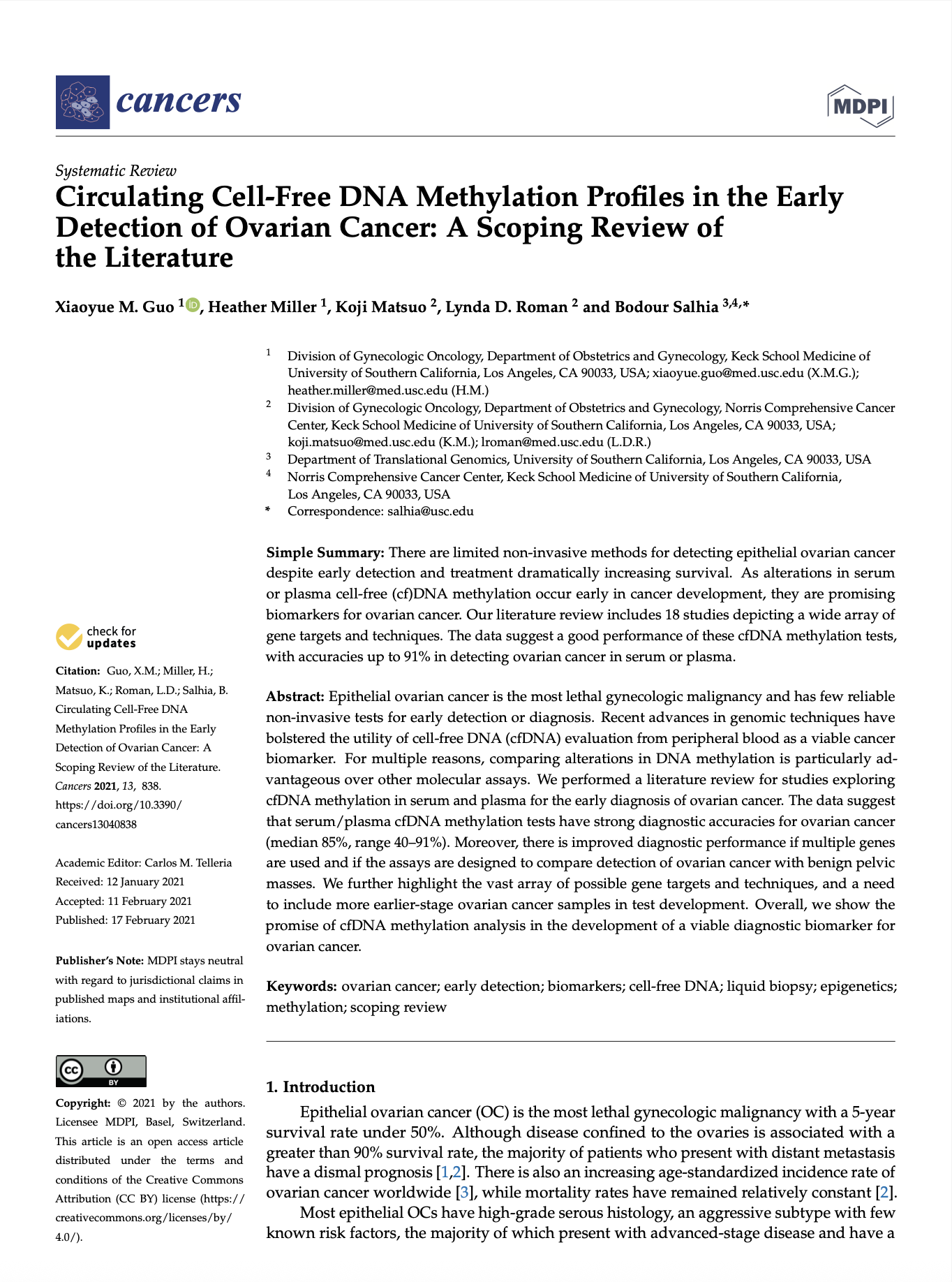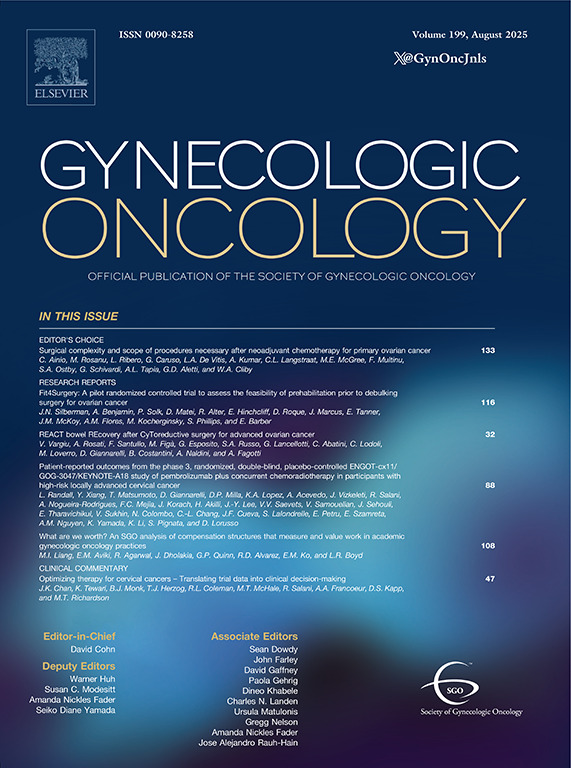Our Approach to Addressing The Diagnostic Crisis

Moving Beyond Protein
Markers to DNA Truth
Markers to DNA Truth
Methylation Science meets Artificial Intelligence
For decades, we've relied on protein markers that weren't designed for the precision today's medicine demands. Our methylation-based approach reads the actual DNA changes that distinguish cancer from benign tissue—delivering the accuracy that both physicians and patients deserve.

From Discovery
to Clinical Impact
to Clinical Impact
Rigorous Validation for Real-World Application
Through our multi-center clinical validation study across leading U.S. medical centers, we are analyzing thousands of methylation patterns across diverse patient populations to build diagnostics that work for all women and eliminate unnecessary surgeries.




















